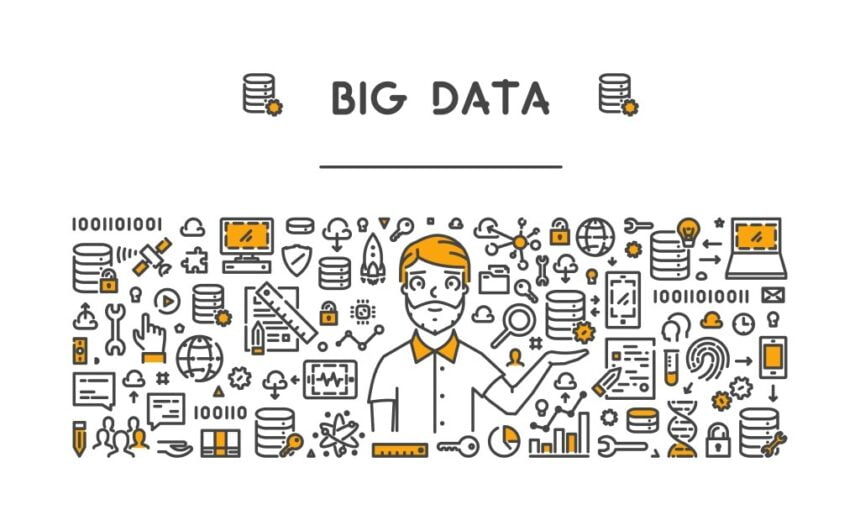The utility sector has been slow to adapt to the digital revolution. Part of the reason is that it has felt isolated from many of the economic challenges that other companies face. Most utilities have a natural monopoly on services in their area, so they didn’t face the risk of extreme competition that most industries must contend with. However, new challenges are forcing them to adapt and begin embracing big data to save costs and remain competitive in a changing industry landscape.
Stephen Callahan, VP of Global Strategy and Solutions for the Energy & Utilities Industry, IBM, wrote an article for R&D Magazine that states that big data is changing the future of the utility sector in unprecedented ways. He cited research from GTM Research, which shows that the capital that utilities will invest in data analytics will increase from $700 million to $3.8 billion between 2012 and 2020.
Callahan writes that big data is helping the utility sector on multiple fronts.
As smart grid and smart meters become crucial to the industry, they will likely start generating hundreds of terabytes of data every year—or unstructured text data compiled from maintenance records and Twitter feeds. The accuracy, breadth and depth of these new data points present new opportunities for the utility companies that are prepared to take advantage of them. Meanwhile, becoming a customer-centric, information-driven organization is no longer simply an option for most utility companies, it’s a business imperative. Technology shifts, regulatory changes and the emergence of empowered consumers all demand a new approach to customer engagement. With analytics, energy companies can make the shift to engage with customers in highly personalized ways that can increase customer satisfaction, lower the cost of service and promote new products and services.
Callahan writes.
Industry analysts from Bain & Company have echoed his predictions. They state that big data is shaping the future of the utility industry by facilitating data driven decision making, complex decision making and multivariable statistical decision models. These data-based decision models are being used in every major department.
Electric companies are going to need to invest in big data to increase productivity as cost-effectively as possible. They don’t have a choice, because free market solutions are improving transparency and driving down customer prices. They are starting to compete with solar energy companies and other alternative energy sources. For the time being, they have an advantage over renewable energy companies, because many consumers and businesses are reluctant to pay the initial cost of infrastructure. This competitive edge will evaporate as the cost of solar cells falls and peak energy drives electrical prices up.
How will big data aid the utility sector?
In the 1980s, utility companies renovated their infrastructure, which drastically increased productivity. This translated into much lower prices for consumers. Lack of competition discouraged them from making any significant improvements over the next three decades, so infrastructure has remained mostly untouched.
Now that increased competition with renewable energy is pressuring them to boost productivity, utility companies are looking to big data as a solution. Here are some ways that big data can improve productivity of the utility sector.
Improved supply chain models
Administrative costs account for a large share of the expenses that utility companies face. Inefficient customer billing, payment notifications and service delivery have inflated these costs.
Big data can shave costs by streamlining the supply chain model for almost all utility companies. The actual cost savings are difficult to project, but they could be 30% or more.
This indirectly leads to higher productivity, because it leaves utility companies with more resources to invest in their infrastructure. By reinvesting the money that they save on administrative costs, they can modernize their equipment and thereby increase productivity by 25% or more.
Increased production
Big data can also have a more direct impact on the productivity of the utility sector. It makes it easier for utility companies to identify the sites that most cost-effective. McKinsey reports that big daddy is playing a key role in optimizing productivity by targeting the locations that are worth investing in the most.










